Why Is Hayfever Worse at Night?

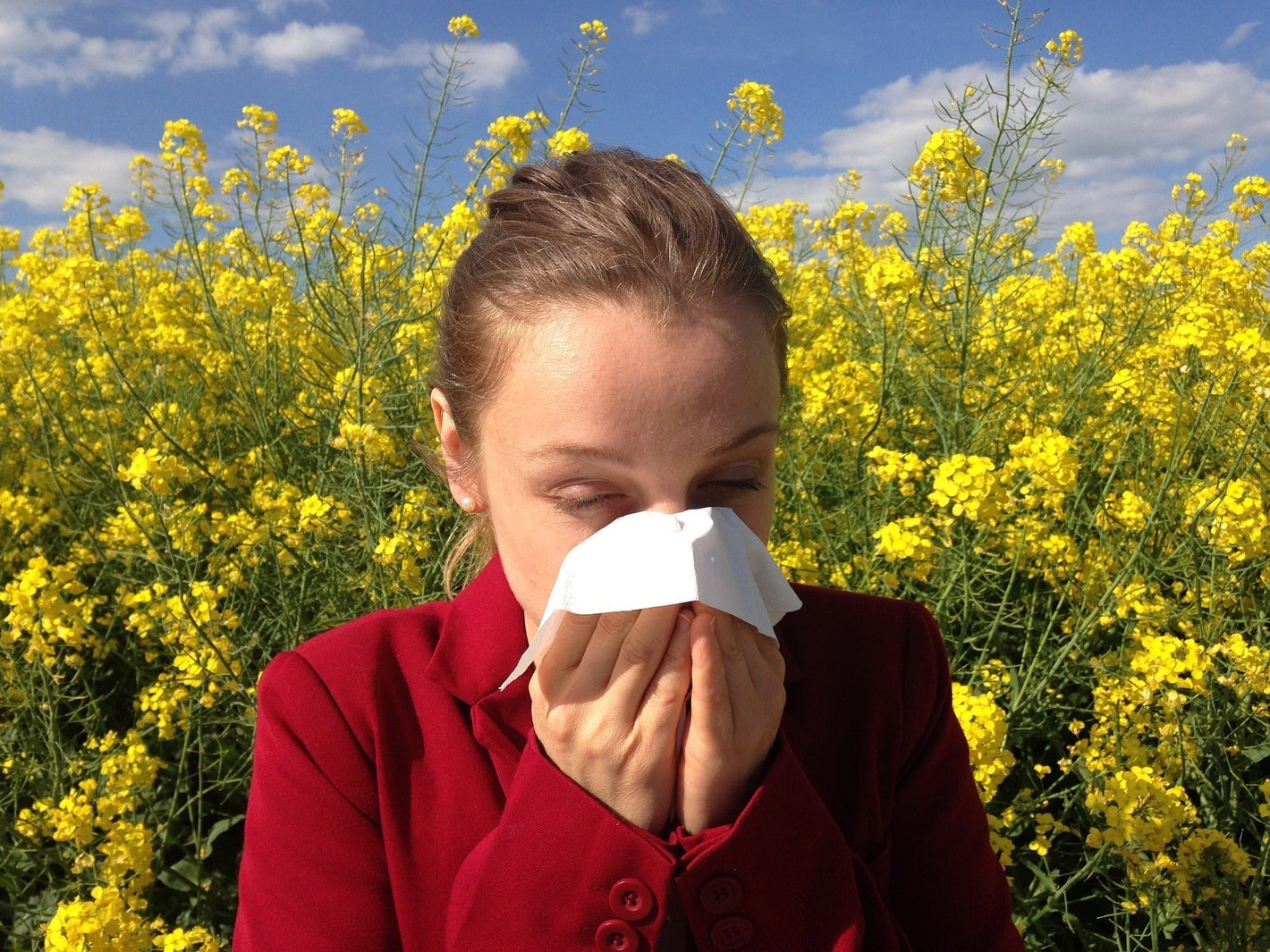
Related products
What is Hay Fever?
Hay fever is a common medical condition that is known to affect millions of people all over the globe. Also known as allergic rhinitis, it includes symptoms such as itchiness in the eyes and throat, sneezing, and a runny or blocked nose with characteristic atopic facies. The symptoms of hay fever are typically exacerbated during the spring and summer seasons, when flowers are blooming and releasing pollen into the air. Many individuals manage their symptoms using various over-the-counter remedies, such as hay fever tablets and antihistamines, to alleviate discomfort during high pollen periods.
Individuals experiencing hay fever often report exacerbating or worsening symptoms during the night time. It causes disturbance in an individual’s rest and affects the productivity of the following day. In the article below, we will discuss if the symptoms of hay fever are worse at night and understand why it is so.
Hay fever is Worse at Night – Why?
Enlisted below are some of the key factors that are involved in worsening symptoms of hay fever during the nighttime.
-
Natural and Surrounding Influences
During spring and summer season, flowers release pollen in varying quantities throughout the day. On windy days, the pollen covers greater distances to disperse and affects many individuals sensitive to pollen particles, causing hay fever.
In the morning time, plants release the most pollen particles. As the temperature begin to raise during the midday, the particles begin to spread over greater distances. As the evening time approaches, these particles settle down on the ground. Thus, the nighttime instance of hay fever increases significantly due to pollen particles being on such low level. Individuals keeping their doors and windows open during the nighttime experience worsening hay fever as the pollen particles get into the houses and trigger an allergic reaction.
The indoor air quality is another environmental influence that impacts the instance of frequent and exacerbated hay fever. As the common allergens in the air, including pollens and dust particles, are on the rise they can easily stick to individual’s clothes and scarves which are then often brought along into the home. In cases where proper ventilation is not ensured, these particles may trap indoors for a long time and cause symptoms of repeated and worsened hay fever. Moreover, allergens often thrive well in warm and humid conditions such as those inside a house. This is another reason why the mentioned common allergens tend to trap indoors for as long as the season lasts.

Similarly, hot and humid weather conditions enforce the persistence of dust mites and pollen that are common allergens causing hay fever. It is important to ensure proper indoor ventilation and use of dehumidifiers to maintain an environment that is allergen-proof and avoid the occurrence of hay fever.
-
Physiological Adjustments
The biological clock fitted in our physiological and bodily symptoms also has a role in its response to allergens. Cortisol, a hormone released in response to stress and inflammation, is often elevated early during the day. It keeps the body readied to combat infections and inflammations, including those due to allergic reactions. According to the natural biological clock (or circadian rhythm), serum cortisol levels drop down during the nighttime. This adjustment also influences the body’s response to an allergen and lowers its defences during the nighttime, hence exacerbated symptoms of hay fever. During the night time, since individuals prefer to sleep while laying down, it causes nasal congestion and blocked sinuses. This causes exacerbation of the hay fever and thus individuals often experience disturbed sleep in the middle of the night while laying down. In such cases, a nasal spray like Pirinase Hayfever Nasal Spray may help by reducing inflammation and easing nasal breathing overnight.
Naturally, gravitational pull causes release of the accumulated mucus in the nasal passages and promote the drainage of nasal sinuses. It is often advised to maintain standing or sitting position while experiencing symptoms of hay fever to cause natural outflow of the excessively accumulated material and drain the swellings. During the nighttime, since individuals prefer to sleep while laying down, it causes nasal congestion and blocked sinuses. This causes exacerbation of the hay fever and thus individuals often experience disturbed sleep in the middle of the night while laying down.

While we are discussing the disturbed sleep, it is important to mention that sleeping position has its effects on the hay fever symptoms as well. Individuals with hay fever sleeping on their back experience worsening symptoms during the nighttime due to obstructed breathing. It is advised by the healthcare experts to sleep on your side to reduce the hay fever symptoms to a considerable extent. Moreover, keeping a pillow or two to keep the head elevated during sleep also reduces the instance of obstructed breathing and hence better sleep during the night.
-
Daily Life Choices and Behaviours
The usual routine before bedtime also affects the exacerbating symptoms of hay fever during sleep. Individuals often resort to parks and recreational areas during the evening time to relax or exercise. These areas have plants that carry pollen and increasing its spread. These pollens then stick to the garments and carried home later. It is important for individuals sensitive to pollen to change their clothes and socks right after entering the house to reduce its exposure and the possible allergic reaction to it. It is also important to keep the windows shut during the evening till early morning, especially on windy days, to avoid the inflow of allergens into the house. For quick post-outdoor cleanup, allergy wipes and tissues can be useful to remove pollen from the skin or face before bed.
Additionally, individuals who do not change their bed covers or maintain cleanliness around their house also experience worsening hay fever. Common allergens such as dust mites and pollen often trap in fabrics, carpets and curtains. It is important to change bed covers and wash the previous ones with hot water and a fabric-friendly detergent to ensure allergen-proof bedding. It is also important to keep the windows shut during the evening till early morning, especially on windy days, to avoid the inflow of allergens into the house.
How must I Manage worsening Hay fever at Night?
Living with hay fever can be rough and tough at times, especially the part where sleep is highly compromised. Welzo brings effective strategies to manage and prevent the worsening hay fever during the nighttime, as enlisted below.
-
Adjust the Medication Timing
Taking the antiallergic medications (such as antihistamines and corticosteroids) during the evening time significantly lowers the worsening symptoms of hay fever throughout the night. These medications aim to reduce the release of histamine (inflammatory modulators) that cause manifestation of hay fever symptoms such as itchy eyes and throat, sneezing and runny nose. It is also important to note that each antihistamine has its own half life and bioavailability, meaning that each medication has its own level of absorption in the body and a separately set duration of effectiveness upon its intake. Therefore, discuss with a healthcare professional to prescribe the kind of antiallergic medication that ensures symptom-free night from hay fever and improved sleep. Therefore, discuss with a healthcare professional to prescribe the kind of antiallergic medication that ensures symptom-free night from hay fever and improved sleep. Options like Piriteze Allergy Tablets and Cetirizine Dihydrochloride Tablets are commonly used to manage night time symptoms with effective, long-lasting relief.
-
Lifestyle Changes
The use of saline water for nasal cleaning and irrigation before going to bed is the most effective way of relieving nasal congestion due to hay fever. This must be incorporated into routine and followed daily for improvement in symptoms. Additionally, as mentioned before, it is essential to maintain cleanliness around and inside the house, avoid carpeting the floors, keep the windows shut after evening, ensure regular washing of the bed and pillow covers and keep the curtains clean. Nasal rinses like Sterimar Hayfever Nasal Spray are gentle options for clearing allergens before bedtime, especially for those with sensitive noses. It is essential to buy a high quality HEPA filter containing air purifier that must ensure regulated ventilation and clean air in the bedroom. Installing a dehumidifier is another option that reduces the indoor humidity and avoid indoor entrapment of the allergens. Additionally, as mentioned before, it is essential to maintain cleanliness around and inside the house, avoid carpeting the floors, keep the windows shut after evening, ensure regular washing of the bed and pillow covers and keep the curtains clean. These lifestyle modifications are trusted methods of reducing the instance of worsening hay fever symptoms during the nighttime.
What is the Treatment Approach towards Severe Hay Fever at Night?
Individuals with severe symptoms of hay fever at night are often recommended to go for immunotherapy. Immunotherapy is based on allergy shots or oral (sublingual) tablets that aims to strengthen the body’s immune system by gradually increasing the level of allergens in the body, as to make it more tolerant by familiarizing the body with an allergen. This treatment lasts for a long time that requires commitment and patience. Many individuals have been successfully treated with immunotherapy and they often report that their quality of life has improved significantly.
Many individuals have been successfully treated with immunotherapy and they often report that their quality of life has improved significantly. For those seeking a natural, non-drowsy option, LCON Hay Fever Allergy Formula may offer an alternative to conventional medication, supporting long-term symptom management.
Additionally, modern science researchers are also working on the possibility of the use of biologics being an effective treatment modality for hay fever. Biologics aim to target specific pathways and halt the immune response to an apparently harmless allergen. These innovative treatments and therapies are of great importance and bring hope for individuals who find no improvement with the conventional treatment approaches towards allergies, including hay fever.
People Also Ask
What is the effect of diet on the nighttime symptoms of hay fever?
Certain foods are known to increase the levels of histamine in the body. These foods include fermented products, aged cheese and alcohol that cause increase in histamine which is a chemical known to potentiate the inflammatory or allergic reactions to any allergen. Whereas consuming fresh fruits and vegetables has anti-inflammatory and antioxidant properties that reduces the histamine release and hence calm a rising inflammatory or allergic reaction. Moreover, it is also important to note that achieving adequate hydration by taking plenty of water everyday keeps the airways moist and clean and reduce the chances of exacerbated hay fever at nighttime.
Is there a link between keeping pet cats in the bedroom and experiencing worsened hay fever?
Yes, there is a link between the two i.e., cats in the bedroom acts as a reservoir of potential allergens that triggers nighttime hay fever. Cats has pet dander, that includes cat fur and saliva, it is a potent allergen that sticks to the bed covers, garments, carpets and curtains. Moreover, pets also bring in pollen from the outside in their thick fur coat. These allergens cause worsening nighttime hay fever. Therefore, it is advised to not keep the cat inside the bedroom during the nighttime or else it may cause exacerbating symptoms of hay fever since a whole lot of allergens are present all around. If symptoms extend to the eyes, allergy eye drops can provide targeted relief for itching and irritation.
Conclusion
Hay fever is a common medical condition that is known to affect millions of people all over the globe. Also known as Allergic rhinitis, it includes symptoms such as itchiness in eyes and throat, sneezing, running or blocked nose with characteristic atopic facies. Individuals keeping their doors and windows open during the nighttime experience worsening hay fever as the pollen particles get into the houses and trigger an allergic reaction. The indoor air quality is an environmental influence that impacts the instance of frequent and exacerbated hay fever. Allergens often thrive well in warm and humid conditions such as those inside a house. This is also a reason why the common allergens tend to trap indoors for as long as the season lasts and cause worsening hay fever during the nighttime. Individuals who do not change their bed covers or maintain cleanliness around their house also experience worsening hay fever. It is important to ensure proper indoor ventilation and use of dehumidifiers to maintain an environment that is allergen-proof and avoid the occurrence of hay fever. It is also crucial to maintain cleanliness around and inside the house, avoid carpeting the floors, keep the windows shut after evening, ensure regular washing of the bed and pillow covers and keep the curtains clean.








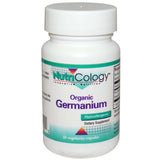
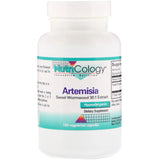














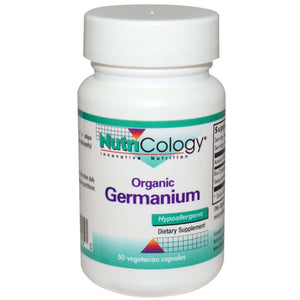
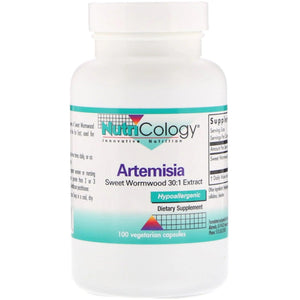



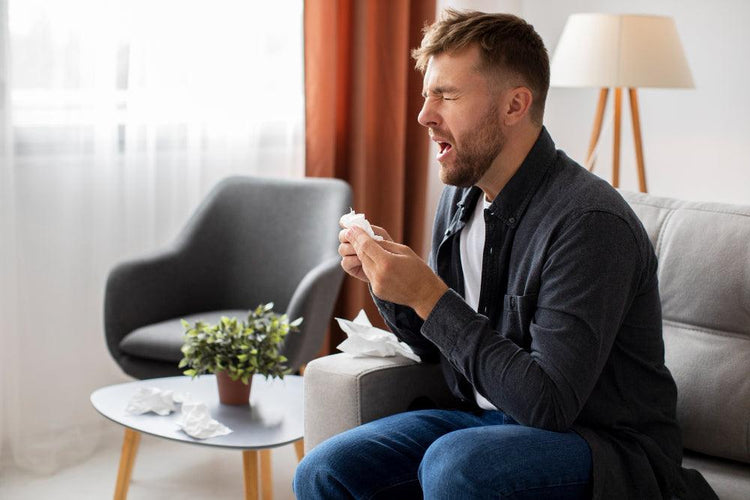





 Rated Excellent by 26,523+ Reviews
Rated Excellent by 26,523+ Reviews